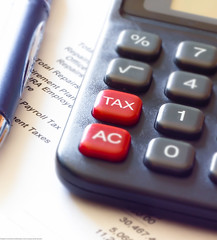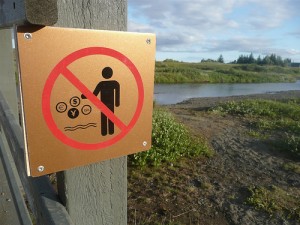
Both Chapter 7 and Chapter 13 can help you save your home. But how does a bankruptcy stop foreclosure?
You have undoubtedly heard that the filing of a bankruptcy stops a foreclosure. You may have also heard that Chapter 13—the repayment version of bankruptcy—can be a good tool for saving your home in the long run. Both of these are true, but are only the beginning of the story. This post tells you more about how bankruptcy stops a foreclosure.
The “automatic stay” is the part of the federal bankruptcy law which immediately blocks a foreclosure from happening. The very act of filing your case “operates as a stay,” as a court order stopping “any act to… enforce [any lien] against any property of the debtor… .”
But what if your bankruptcy case is filed and the mortgage lender or its agent can’t be reached in time so that the foreclosure sale still occurs? Or if there’s some miscommunication between the lender and its agent or attorney, with the same result? Or if the lender just goes ahead and forecloses anyway?
As long as your bankruptcy is filed at the court BEFORE the foreclosure sale, then that sale is not legally valid, whether it occurred by mistake or intentionally. (This filing “at the court” is usually actually done electronically from my office, with a date and time-stamped record proving when the court filing took place.)
IF a sale happens by mistake after the filing of your bankruptcy, lenders are usually very cooperative in legally undoing the foreclosure sale and its documentation. If your lender would fail to undo such a sale after becoming aware of your bankruptcy filing, it would be in ongoing violation of the automatic stay, exposing itself to significant financial penalties. That would be rare.
Does it matter whether your case is a Chapter 7 or Chapter 13 one for purposes of the automatic stay?
No, the automatic stay is the same under both chapters, and would have the same immediate effect.
On the other hand, how long the protection of the automatic stay lasts can depend on which chapter you file. That’s because even though you get the same automatic stay, the other tools each chapter provides for protecting your home are very different. So your mortgage lender or servicer may very well react quite differently depending on the chapter you file, as well as on what you propose to do about your home and your mortgage within that chapter.


 Your bankruptcy filing can stop all your creditors’
Your bankruptcy filing can stop all your creditors’  It sometimes comes up that a person who wants to file for
It sometimes comes up that a person who wants to file for  The Los Angeles Dodgers baseball team
The Los Angeles Dodgers baseball team  loan payments.
loan payments. Bankruptcy work is rife with questions about debt collection. The most common question for me is: Help, I owe [fill in the blank] a lot of money! Can a creditor just take money out of my bank account?
Bankruptcy work is rife with questions about debt collection. The most common question for me is: Help, I owe [fill in the blank] a lot of money! Can a creditor just take money out of my bank account?
 I have to admit, I picked this case for this post mainly because of its cool name,
I have to admit, I picked this case for this post mainly because of its cool name, 